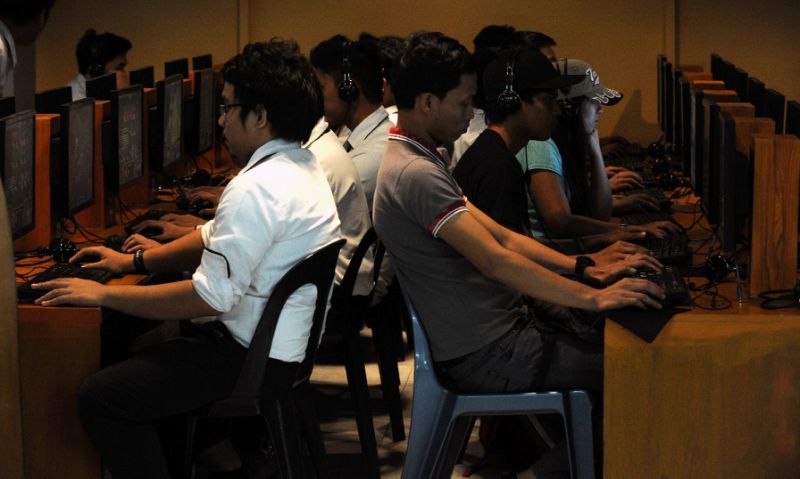Slow Internet? I hear you. If you’ve lived in the Philippines long enough, you may have come to the realization that local broadband speeds could conjure images of a turtle slow-walking on a swath of peanut butter, something you wouldn’t find distractingly cute or hilarious if you were in the position of the guy waiting — for weeks — for a game he had bought from Steam to finish downloading. Having the same issues? You could look for faster internet by searching broadband deals site like usave.co.uk.
Metaphor aside, the Philippines has been ranked as one of the worst countries for broadband customers. The Philippines ranked third-worst in speed in the Asia-Pacific region, according to the latest State of the Internet report by Akamai.
An earlier study, this time conducted by Ookla, the company behind Speedtest.net, found that the average connection speed in the country stood at 3.6Mbps, which placed it at number 176 among 202 nations.
The Philippines has been ranked as one of the worst countries for broadband customers.
The real kick in the groin, however, is that local Internet service providers have little to no reason to improve their services, what with the penalties that exist under the Philippines’ Public Service Act of 1936. The current fine for Internet service providers that fail to deliver on their speed claims is P200 — yes, P200! — per day.
That’s only slightly more than what you’d pay for a tall Starbucks drink. It’s certainly a measly figure compared to the $100 million fine the U.S. Federal Communications Commission is looking to impose on AT&T after allegedly misleading customers about its data plans.
Assuming providers are made to pay the said amount each day of the year — 365 in all — that puts the annual hit at P73,000. Surely that’s peanuts for a financially successful firm like Globe Telecom, which posted a net income of P8.6 billion in the first half of 2015. Perhaps even more so for PLDT, after reporting actual earnings of P18.9 billion for the same period this year.
The real kick in the groin, however, is that local Internet service providers have little to no reason to improve their services.
I have no idea how much other companies earn, but whether or not they earn plenty, one thing is clear: Erring telcos should face harsher consequences than a P200 fine to get them to deliver the speeds they advertise. Because clearly, the status quo isn’t good enough and has resulted in Internet providers shortchanging subscribers.
Obviously, the first thing that needs to happen is for Philippine lawmakers to amend the long-outdated and ineffective Public Service Act of 1936.
I’ll leave it to industry experts and other folks much smarter than I am to come up with substantial policy revisions, but if it were entirely up to me, I would start by bumping that P200 fine up to seven figures and by introducing measures to make it easier for customers to cancel their contracts if the speeds promised by telcos are not delivered with consistency.
As for the talk of Telstra forming a joint venture with San Miguel Corporation and potentially putting up a “good telecom network” sometime in 2016? I wouldn’t get too excited just yet.
Even if Telstra somehow manages to mirror the services offered in its native Australia, there’s no telling if it will be any good, or if it will be better than existing offers, at least not at this point. (In case you’re wondering, Telstra’s basic plan gets Australians 100GB of data for 75 Australian dollars or P2,500 per month.)
To me, the solution to the problem of slow broadband service in the Philippines lies in the traditional state function of policymaking and regulation.
As for the talk of Telstra and SMC putting up a ‘good telecom network’? I wouldn’t get too excited just yet.
But making decisions that would hold telecom companies to a higher standard isn’t entirely up to the government; the customers themselves have to take on the responsibility of getting politicians and industry leaders to want to make the situation better. This country can’t wait on a supposed knight in shining armor to ride in from the land down under.
Image via digitaljournal.com
Share this Post


